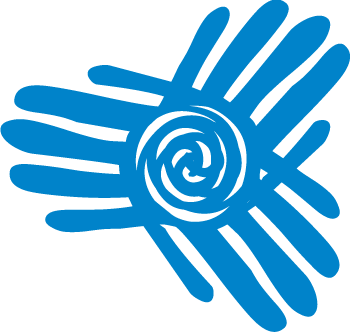An Interview with Co-Founder Matt Siegel
 Let’s do a quick review of music licensing. First rule: NEVER sell your music, license it. What you are actually doing is licensing certain usage rights attached to a given composition, which consists of the underlying words and music and the sound recording. There are many rights within compositions (grand rights for musicals, etc.), but for this discussion, these are the ones you need to know. ‘Sync’ is short for the synchronization rights of a composition with a moving visual image. It is often used as a shorthand phrase for what is actually a “Master/Sync” agreement, whereby an entity licenses the use of your music for a production. The Master Use right is for the recording itself, typically owned by the record company; in most cases this is the person or company who paid for the recording. The Sync is the underlying words and music, typically owned by the publisher; in most cases, it is the person(s) who wrote the song.
Let’s do a quick review of music licensing. First rule: NEVER sell your music, license it. What you are actually doing is licensing certain usage rights attached to a given composition, which consists of the underlying words and music and the sound recording. There are many rights within compositions (grand rights for musicals, etc.), but for this discussion, these are the ones you need to know. ‘Sync’ is short for the synchronization rights of a composition with a moving visual image. It is often used as a shorthand phrase for what is actually a “Master/Sync” agreement, whereby an entity licenses the use of your music for a production. The Master Use right is for the recording itself, typically owned by the record company; in most cases this is the person or company who paid for the recording. The Sync is the underlying words and music, typically owned by the publisher; in most cases, it is the person(s) who wrote the song.
Don’t worry if that all sounded like gobbledygook; you are not alone – it’s complicated stuff. Thankfully, there are some experts who do this for a living and are here to make the business easier, so you can keep on making great music.
We got a chance to talk to Matt Siegel, co-founder of Indaba Music, which is launching a new portal site called Indaba Sync – dedicated to making it easy to license your music.
Give us the elevator pitch for Indaba Sync.
Siegel: Indaba Sync is a platform for our 700,000+ artists to have an opportunity to license their music in ads, television, movies, and so on. Artists upload their music, our group of expert curators get to work on deciding which ones make our catalog, and then match those songs with requests coming in. It’s non-exclusive, and we share 50/50 in the licensing revenue.
There’s a lot of competition in music licensing lately. What sets Indaba Sync apart from production or stock music houses?
Our artist community is just phenomenal; that’s our secret weapon. Indaba has been doing amazing ‘opportunity’ offers since 2007, and so we have deep experience in finding great music. Licensing music from a major label takes too long and gets very expensive, and stock libraries usually don’t have the authenticity that broadcast demands. So, we reached out to some partners in different industries and asked them what they needed. Time and again, they said, ‘Quality and quick turnarounds.’ What makes us different is that we curate our catalog. That means real musicians listen to and evaluate all uploaded music; if it’s not up to spec, we’ll let the artists know and hopefully they can get us better stuff next time. For those who are great, we have even more opportunities.
Sounds like you’ve received positive industry response. Tell us about how that process works. Do you mostly get inbound requests, or do you go out and pitch the catalog?
A little of both, although now that we have launched SynchStage (a video comp suite for auditioning music on the fly), supervisors are really digging through our catalog, and requests are picking up fast. We’ve also had success with playlists that specifically address holidays or particular kind of placements. It’s all about making it easy for everyone involved.
Everyone always wants to know how much money they can make off licensing. Any ranges you’d like to share?
Ah, yes. I knew that was coming. We focus on national placements, although in some cases, a web use license comes up, but the majority are big ones with companies like Sony, OnStar, or HBO. So, the range is about $500 on the low-end to around $15,000.
How about some tips on how to best participate in Indaba Sync?
First, you need high quality recordings, that means you need have .wav files and ideally, separated instrumental tracks. We have requests for all types of music, so don’t let genre stop you. Second, make sure that all of the meta-data is correct – that is crucial for being found in searches. Lastly, get involved in the Indaba Music community. Upload and participate in our various opportunities. That will get you noticed for syncs, and lead to greater opportunities. An example of that: Linkin Park worked with us recently and the band personally listened to every single song submitted, and even sent personal responses. The winner of that contest not only got their song used, but is also now collaborating with the band. So, the best thing you can do is get involved with the Indaba Music community. Like anything, you will get out of it what you put in.
For more information and to get started, visit indabasync.com.
-Michael St. James is the founder and creative director of St. James Media, specializing in music licensing, publishing, production and artist development.
